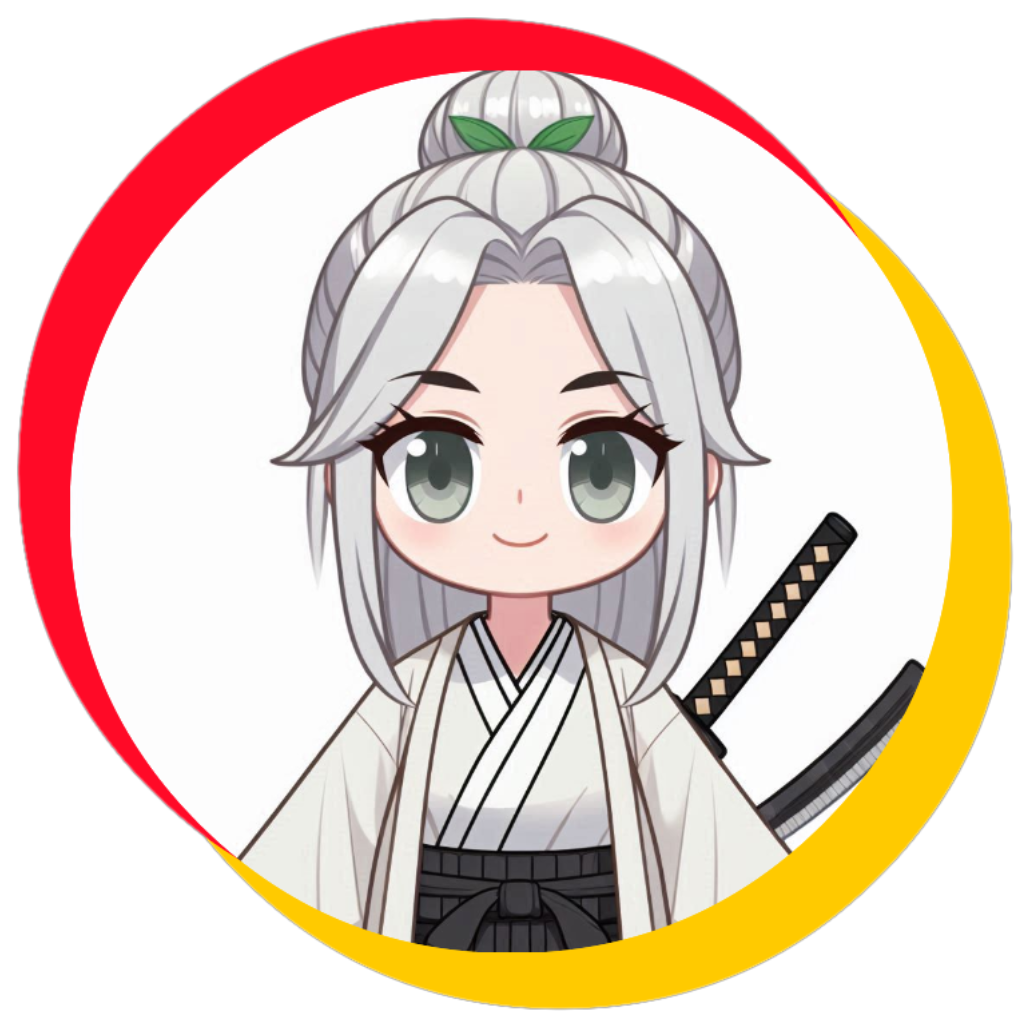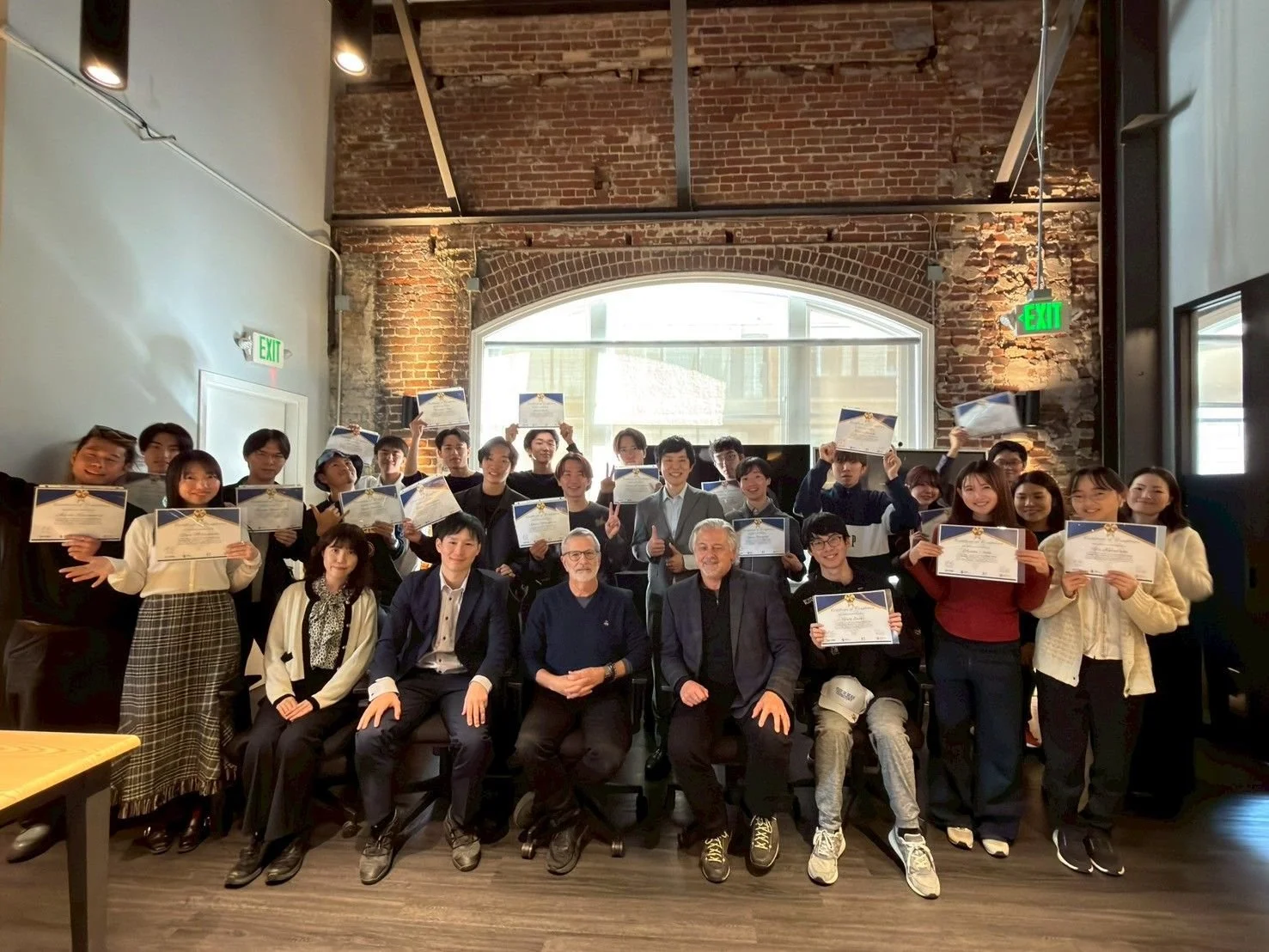The best of CES 2026: Curiosity, apprehension, and the future of Japanese innovation
Last week, I attended a fireside chat event called “The Best of CES 2026” organized by the Japan Society. I’ve never been to CES myself, and I’ll admit the idea of going feels a bit daunting: massive halls, endless crowds, and enough technology to overwhelm even the most seasoned expo-goer. But this event gave me a curated peek into it all, leaving me both more curious and, if I’m honest, still slightly apprehensive about ever braving the real thing.
One of the unexpected highlights of the night was a sneak peek at Mirumi: a small, expressive robot that embodies the charm only Japan could bring to a tech showcase. Mirumi wasn’t just innovative; it was adorable. I caught myself smiling every time its digital eyes blinked or its tiny motions mirrored human warmth. It offered a glimpse into how Japan continues designing robotics not just for efficiency, but for emotional connection and everyday support. Too cute, and yet too real in showing where the future of human‑robot interaction is clearly heading.
Click below to read more!
A sparkling start to 2026: JCCNC’s 71st Shinnenkai at The Westin St. Francis
The 71st JCCNC Shinnenkai at The Westin St. Francis was the perfect way to start 2026 a night that blended tradition, elegance, and a sense of optimism for the year ahead. Shinnenkai, the Japanese New Year’s gathering, is more than just a party; it’s a cultural cornerstone that symbolizes fresh beginnings and renewed connections. For the Japanese business community, it’s an opportunity to strengthen relationships, reaffirm trust, and set the tone for collaboration in the months to come.
The spirit of renewal was everywhere, in the conversations, the laughter, and the shared excitement about what lies ahead. From the moment I walked into the ballroom, with its sparkling chandeliers and warm atmosphere, I knew this was going to be a memorable evening. And it was, filled with nostalgia, surprises, and a powerful sense that 2026 is the year Japan is back.
Click below to read more!
Celebrating 20 Years of excellence at Japan Consulting Office
This year marks a major milestone for Japan Consulting Office: 20 years of helping professionals thrive in cross-cultural business environments.
But what makes this anniversary truly special isn’t just the number, it’s the story behind it. From long-standing relationships that span decades to bold new programs shaping the future of global business, this is a celebration of both heritage and innovation. And if you’ve ever wondered what it takes to build trust across cultures and create lasting impact, keep reading, because that’s exactly what we’ve been doing.
For me, this celebration is deeply personal. I’ve known our CEO, Olivier, for more than 30 years.
Click below to read more!
My 2026 Focus: Strengthening U.S.-Japan collaboration
What happens when two business cultures, one rooted in harmony and consensus, the other driven by speed and individual accountability, come together? That’s the question I’ve been passionate about answering throughout my career, and it’s at the heart of my focus for 2026.
As Japanese companies expand their presence in the U.S., the opportunities are enormous … but so are the challenges. From communication gaps to differing expectations around work styles, bridging these worlds takes more than translation, it takes cultural insight, adaptability, and trust.
This year, my mission is clear: help Japanese organizations thrive in the U.S. by creating HR strategies that honor both cultures while driving global success.
Here’s what that looks like:
Click below to read more!
It’s not easy for men either: Rethinking gender pressures in Japan
In my previous article, I explored the “Christmas Cake” myth: a stereotype that once suggested women lose value after age 25, like a cake after Christmas. While that idea is thankfully fading, it made me think about something we rarely discuss: the pressures men face in Japan. Because if we’re honest, it’s not easy for men either.
I first became aware of these dynamics while working at a big consulting company in Japan. I was surprised when several young female colleagues told me they were only planning to work until marriage and children. It was a candid admission that revealed how deeply cultural expectations shape career decisions. At the same time, I noticed the pressure on men was just as intense, though rarely discussed.
Click below to read more!
Beyond the Christmas Cake myth: Redefining timelines for women in business
In Japan, there’s an old saying that women over 25 are like Christmas cake: still sweet, but past the date everyone wants. It’s a phrase that makes me wince every time I hear it, not just because of its casual cruelty, but because of what it reveals about expectations: that there’s an invisible clock ticking, and if you miss the “right” moment, you’re late: for marriage, for family, for life.
As women in business, we know this pressure doesn’t stop at personal milestones. It creeps into career paths too. Promotions, leadership roles, even entrepreneurial ventures often come with an unspoken timeline. If you haven’t “made it” by a certain age, the world starts to whisper that maybe you never will.
Click below to read more!
Three Bonenkai in one week: Why these parties still matter
Ever tried to attend three Bonenkai in five days? I just did, and it reminded me why these year-end gatherings remain such an important part of Japanese business culture, even as traditions evolve.
December in Japan, and for Japan-related communities worldwide, means Bonenkai, the traditional “forget-the-year” party. These gatherings are more than just social events; they’re a way to close the year with gratitude, camaraderie, and a fresh start. I’m also looking forward to the Japan Consulting Office Bonenkai this week, held over Zoom, with our favorite drinks in hand because our team is spread all over the world.
Click below to read more!
From Sendai to Silicon Valley: Mentoring the next generation
Last week I had the privilege of mentoring a group of remarkable young people from Sendai through the Sendai Global Startup Campus (SGSC) – U.S. Program, hosted by the U.S. Market Access Center (USMAC). These students came to Silicon Valley with big dreams and an eagerness to learn about entrepreneurship, and they truly impressed me.
Sendai holds a special place in my heart. It’s not only home to these inspiring young innovators, it’s also the hometown of Yoshito Hori, the founder of GLOBIS, Japan’s leading business school. Years ago, I had the chance to visit the region on an MBA school trip, and I still have fond memories of its warmth, resilience, and entrepreneurial spirit. Seeing this new generation carry that same energy forward is truly moving.
Click below to read more!









